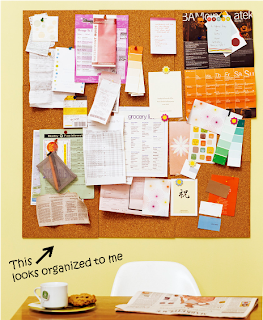I’m a nerd. A to-do list nerd, especially. I like having a
focus—or several—for the day and earning that sense of satisfaction when things
get checked off the list.
Yet I’m continually refining the art of to-do list making. I
go back and forth between paper and pen lists versus the kind I make in a Word
document. Or a bullet point list on my phone. The tactile pleasure of the pen
and paper route is great. There’s an added sense of accomplishment in
physically striking something off the list. But the computer document has a
great function, too, if I don’t let it get out of control: I can amend the day’s
to-dos as I move along.
Where the computer doc causes trouble is two-fold: 1) I can
continually add to-dos to the day, thus
making it impossible to truly accomplish everything and 2) I tend to erase what
I have accomplished, so at the end of
the day all I see is what I haven’t
done.
 So I did an experiment this week (as I tend to do such
things). I made a new document of to-dos and every time I completed a task, I crossed
it out—rather than deleted the item. This was a test to see if I actually found
more satisfaction in seeing what’s been done for the day. The result? Sure. There
was some joy in seeing checked off items.
So I did an experiment this week (as I tend to do such
things). I made a new document of to-dos and every time I completed a task, I crossed
it out—rather than deleted the item. This was a test to see if I actually found
more satisfaction in seeing what’s been done for the day. The result? Sure. There
was some joy in seeing checked off items.
The real result, though, is the realization that no matter
how I project my day’s activities, I always set overachieving
goals. For whatever reason, I can’t bring myself to list just one or two
things to do in a day. I aim high, do my best, and push the rest to the next
day, or the next. It’s how I operate. And that’s okay. For me, it works.
I love fantasizing about a super-organized life. One that
has a place for everything, and where everything is in its place. One that has
a to-do list of achievable goals for each day, and that’s checked off in true
Martha Stewart fashion. But I’m not Martha. I’m me. Chaotic, imperfect,
organized-in-my-own-dysfunctional-way me. And that’s a good thing.







